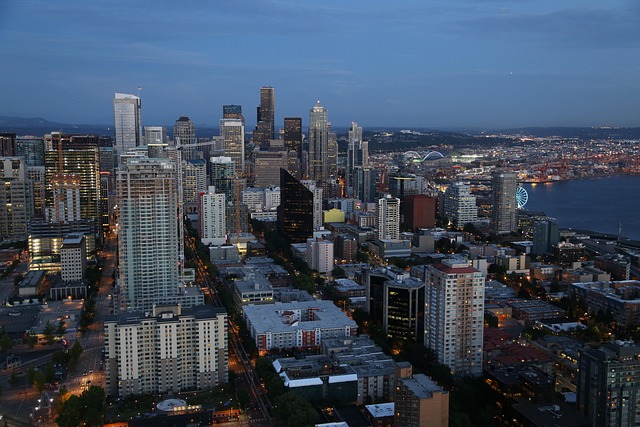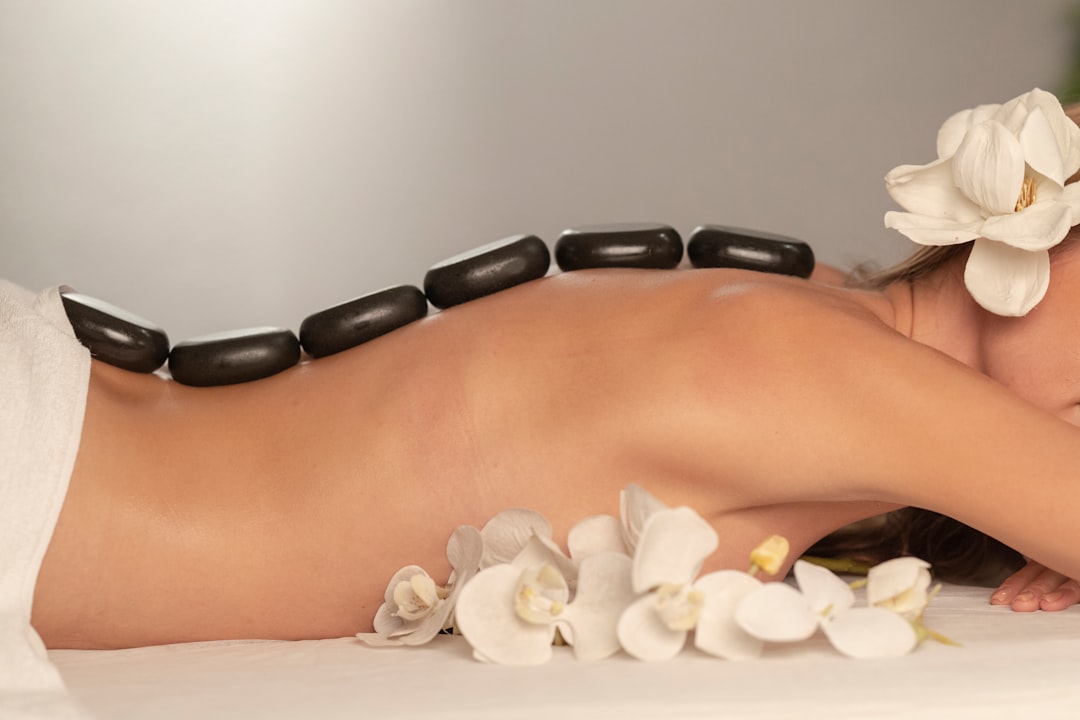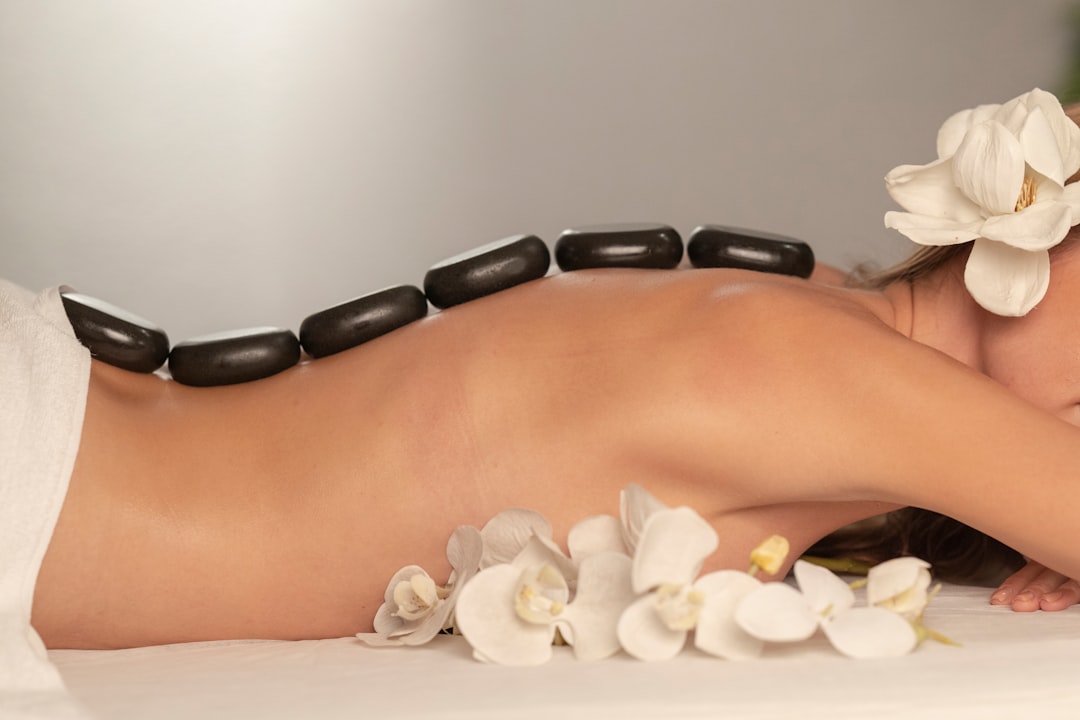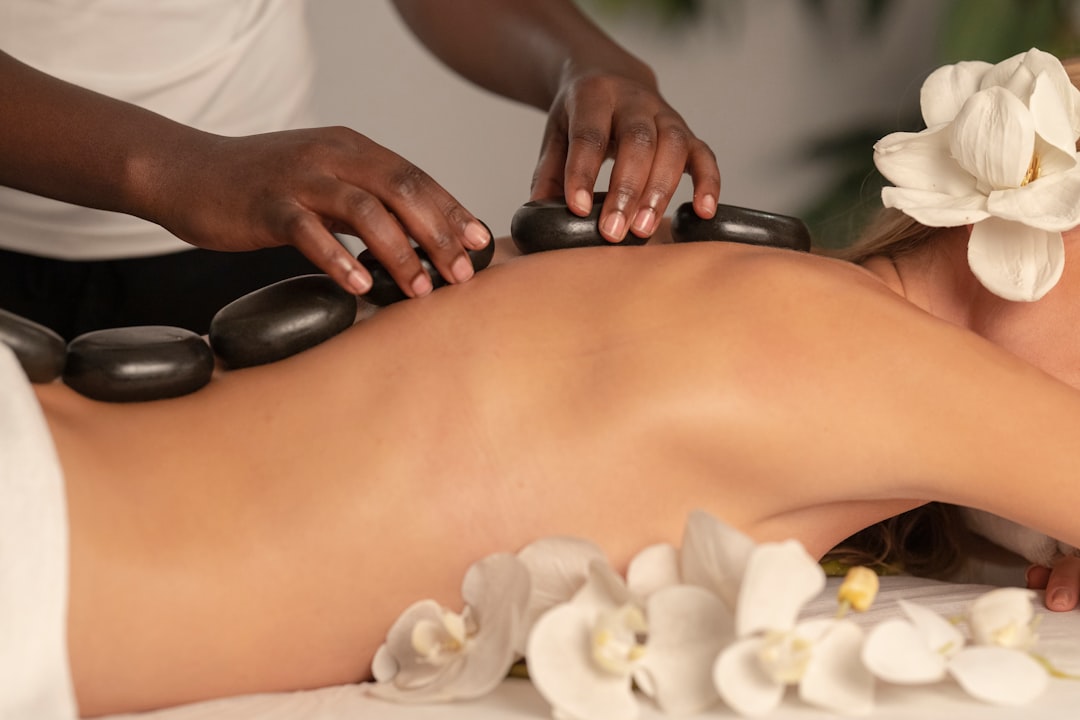Seattle's Central Districts have undergone significant gentrification, transforming vibrant neighborhoods into trendy urban hubs. This has led to a rise in new businesses and residents, but also pushed out long-standing local enterprises, particularly massage spas struggling with increased competition and changing consumer expectations. A massage abuse law firm in Seattle, WA, plays a crucial role by providing legal guidance and support, ensuring the wellness industry thrives while upholding safety standards. With growing massage abuse cases in gentrified areas, stronger legislation and proactive measures are needed to protect clients. Spa owners must prioritize client safety through background checks, facility security, and clear protocols to build trust and enhance their reputation.
“In recent years, Seattle’s central districts have witnessed a surge in gentrification, transforming neighborhoods and impacting local businesses. This trend has particularly affected the wellness industry, with a notable rise in massage spas. While these changes bring economic revitalization, they also highlight evolving safety needs for clients. This article explores the intersection of gentrification and massage spa safety in Seattle, WA, delving into the prevalence of massage abuse in these areas and proposing strategies for spas to protect their clients, in collaboration with leading massage abuse law firms.”
The Rise of Gentrification in Seattle's Central Districts and Its Impact on Local Businesses
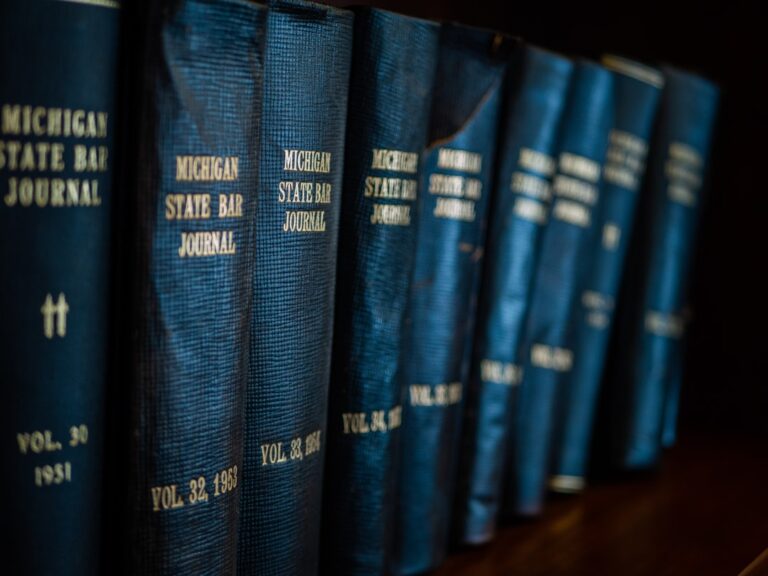
In recent years, Seattle’s Central Districts have witnessed a significant surge in gentrification, transforming once-vibrant neighborhoods into trendy urban hotspots. This process has attracted new businesses and residents, yet it has also pushed out long-standing local enterprises that couldn’t keep up with rapidly rising rents. Among the affected industries is the wellness sector, particularly massage spas, which have become a vital part of the city’s changing landscape. As areas like Capitol Hill and Downtown Seattle undergo gentrification, established massage businesses struggle to adapt to the evolving market demands and a new wave of competitors.
This trend has led to increased competition and changes in consumer expectations. While some local massage spa owners embrace the shift, others find themselves at a crossroads, especially with the growing awareness of massage abuse and the need for stringent safety regulations. In light of these changes, a massage abuse law firm in Seattle, WA, becomes an essential resource, offering legal guidance and support to businesses navigating this complex environment. Such firms play a crucial role in ensuring that the wellness industry flourishes alongside the city’s gentrification while maintaining the highest standards of safety for clients and practitioners alike.
Understanding the Prevalence of Massage Abuse in Gentrifying Neighborhoods

In recent years, the rapid gentrification of neighborhoods across the United States has brought about significant changes in demographics and urban landscapes. This transformation often includes an influx of new businesses catering to a changing population. Unfortunately, this growth has also been linked to an increase in massage abuse cases within these gentrifying areas, particularly in cities like Seattle, WA. A massage abuse law firm in Seattle has documented rising instances where clients, seeking relaxation or wellness services, fall victim to exploitation and non-consensual acts at the hands of unregulated or unethical practitioners.
The appeal of affordable and accessible spa treatments in these neighborhoods attracts both locals and tourists. However, the lack of stringent licensing and oversight can create a safe space for abusive practices. As these areas evolve, it is crucial to address the vulnerabilities within the wellness industry and ensure that safety measures keep pace with gentrification’s dynamic nature. This includes raising awareness among residents and visitors about their rights and the potential risks associated with massage services.
Legal Landscape: Existing Laws and Their Efficacy Against Massage Abuse

The legal landscape surrounding massage abuse is a complex web of state and local regulations, each with varying degrees of effectiveness in protecting clients from harmful practices. In Seattle, WA, for instance, there are stringent licensing requirements for massage therapists, ensuring that professionals in the industry maintain certain standards of education and training. However, these laws primarily focus on qualifying practitioners rather than directly addressing instances of abuse or misconduct.
While existing massage abuse laws provide a framework, their efficacy is questioned when it comes to enforcement and victim support. Many legal experts and advocacy groups argue for more robust legislation that includes stricter penalties for offenders, better reporting mechanisms, and enhanced oversight. A dedicated massage abuse law firm in Seattle has been vocal about the need for reform, emphasizing the importance of proactive measures to safeguard clients within the industry’s evolving dynamics.
Identifying Safety Gap: What Massage Spas Need to Protect Their Clients

In recent years, as central districts experience gentrification, an often-overlooked aspect comes to light—the safety of massage spas within these neighborhoods. With the influx of new businesses and residents, traditional massage establishments face unique challenges in ensuring client security. The rise in gentrification brings both opportunities and concerns; while it attracts a diverse clientele, it also potentially increases the risk of massage abuse.
Massage spas in Seattle, WA, and similar urban areas must address a growing safety gap. This includes implementing stringent background checks for employees, enhancing security measures within the facility, and establishing clear protocols for handling client complaints. With an increasing awareness of massage therapy as a vulnerable service industry, it is imperative that spas take proactive steps to protect their clients from potential abuse, especially with the help of reputable massage abuse law firms in Seattle WA.
Proactive Measures: Strategies for Massage Spa Owners to Enhance Client Safety

In light of growing concerns about client safety, massage spa owners in gentrifying neighborhoods must proactively address potential risks. Implementing robust safety protocols is not just a legal necessity but also builds trust with clients. Strategies include thorough background checks for employees using reliable databases, adhering to local licensing and health department regulations, and establishing clear policies against inappropriate behavior.
Additionally, creating a welcoming and respectful environment through open communication with clients about boundaries and expectations can deter potential abuse. Training staff on recognizing red flags and responding appropriately to client concerns is paramount. By prioritizing safety, massage spas can ensure their clients feel secure and valued in these evolving urban landscapes, fostering a positive reputation that extends far beyond Seattle WA’s bustling central districts.
